1. GORKHAS IN THE INDIAN ARMY
Nepal has postponed the recruitment rallies which were to be held in that country to recruit Gorkha soldiers for the Indian Army under the Agnipath scheme.
About:
- The decision to postpone these rallies has been taken by the Nepalese government as it is of the opinion that this new form of entry into the Indian military is not covered under the Tripartite Agreement signed between Nepal, Indian and UK governments in 1947, soon after Indian independence.
- As per the terms of this agreement four regiments of Gorkha soldiers – 2nd, 6th, 7th and 10th – were transferred to the British Army while the rest – 1st, 3rd, 4th, 5th, 8th and 9th – remained with the Indian Army.
- A new Gorkha Regiment, the 11th Gorkha Rifles, was raised by India soon after Independence.
- The agreement also provides for the terms and conditions of the Nepal-domiciled Gorkha soldiers in the Indian Army and for their post-retirement benefits and pensions.
Source: Indian Express
2. TAIWAN STRAIT
Two U.S. Navy warships sailed through international waters in the Taiwan Strait, the first such operation since a visit to Taiwan by U.S. House Speaker Nancy Pelosi enraged China which regards the island as its territory.
About:
- Pelosi’s Taiwan trip in early August infuriated China which saw it as a U.S. attempt to interfere in its internal affairs.
- China subsequently launched military drills near the island which have since continued. China has never ruled out using force to bring Taiwan under its control.
- The Taiwan Strait is a 180-kilometer-wide strait separating the island of Taiwan and continental Asia. The narrowest part is 130 km wide.
- The strait is part of the South China Sea and connects to the East China Sea to the north.
- Former names of the Taiwan Strait include the Formosa Strait or Strait of Formosa, from a dated name for Taiwan; and the Strait of Fokien or Fujian, from the Chinese province forming the strait's western shore.
Source: The Hindu
3. SMALL CELLS
To expedite the roll-out of 5G, telecom operators in the country will leverage street furniture such as poles, advertisement hoardings and bus shelters for deploying low-power base stations called ‘small cells’ that will help bring the network closer to the consumers.
About:
- Small cells are needed for deploying 5G as opposed to earlier generations such as 4G, because of the frequency. The higher the frequency, the lower the wavelength, which means that the distance they travel is less.
- Small cells are low-powered radio access nodes or base stations that have a coverage range from a few metres up to a few hundred metres. They are portable, easy to deploy and help provide localised coverage.
- As per the TRAI paper, small cells provide coverage for very short distances; therefore, they are installed in a large numbers — even more than 200 per square kilometre — for good geographical coverage to provide highly reliable and high-capacity broadband.
Source: The Hindu
4. CYBER THREAT TO MOBILE BANKING
The lack of adequate cybersecurity and the dearth of talent in banking could potentially lead to a further rise in cyberattacks on user devices.
About:
- According to a 2020 Statista survey across 25 States in India, two-third respondents said they had a smartphone.
- Of these, half said they sent and received money digitally, and about 31% said they had a mobile app for banking. Nearly 14% said they used their mobile phones for banking-related purposes.
- Global cybersecurity firm Kaspersky warns of an increase in cyberattacks on Android and iOS devices in the Asia Pacific (APAC) region.
- One mobile banking trojan, called Anubis, has been targeting Android users since 2017. Roaming Mantis is another prolific malware targeting mobile banking users.
- There is a push from regulators to make payment platforms interoperable at a time when the demand for technical experts is a serious concern in the banking industry.
Source: The Hindu
5. POSITIVE INDIGENISATION LIST (PIL)
Defence Minister Rajnath Singh approved the third Positive Indigenisation List (PIL) of 780 strategically important line replacement units (LRU), sub-systems and components, with a timeline beyond which they will only be procured from the domestic industry.
About:
- This is different from the three PILs announced for the armed forces.
- This was done in line with the effort to promote self-reliance in defence manufacturing, and minimising imports by the defence public sector undertakings (DPSUs).
- This list is in continuation to the two PILs of LRUs, sub-systems, assemblies, sub-assemblies and components that were published in December 2021 and March 2022.
- These lists contain 2,500 items which are already indigenised and 458 (351+107) items which will be indigenised within the given timelines.
- Out of the 458 items, 167 items (163 from the first PIL, and four from the second PIL) have been indigenised, so far.
- The Ministry explained that indigenisation of these items will be taken up through different routes under the ‘Make’ category of procurement procedure.
Source: The Hindu
6. WILLIAM RUTO
William Ruto won the Presidential elections in Kenya earlier this month in an extremely close fight, even as the chaos continued and parties broke into fights at the election centre amid allegations of irregularities.
About Kenya:
- Kenya is a country in Eastern Africa. Kenya's capital and largest city is Nairobi, while its oldest, currently second largest city, and first capital is the coastal city of Mombasa.
- South Sudan borders Kenya to the northwest, Ethiopia to the north, Somalia to the east, Uganda to the west, Tanzania to the south, and the Indian Ocean to the southeast.
- Mount Kenya is the highest mountain in Kenya and the second-highest in Africa, after Kilimanjaro.
Source: Indian Express
7. SUBRAMANIAM BALAJI VS TAMIL NADU JUDGMENT (2013)
The Supreme Court referred to a three-judge Bench a series of petitions seeking a judicial direction that political parties who make “wild” promises of largesse should also reveal in their poll manifestos where they will get the money to pay for them.
About:
- The 2013 Balaji judgment states that election manifesto promises do not amount to ‘corrupt practice’ under Section 123 of the Representation of People Act.
- This revisit by the Supreme Court on its earlier judgment is unique as the court is exploring whether judicial parameters can be set on a purely political act of promising freebies.
- In its order, the court foresees that “freebies may create a situation wherein the State government cannot provide basic amenities due to lack of funds and the State is pushed towards imminent bankruptcy”.
- The court said it wants a transparent debate before the three-judge Bench on whether an “enforceable” judicial order can stop political parties from promising and distributing ‘irrational freebies’.
- The case is unique as the Supreme Court is exploring whether judicial parameters can be set on a purely political act of promising freebies.
Source: The Hindu
8. KUTCH BRANCH CANAL (KBC)
Prime Minister Narendra Modi inaugurated the 357.18-kilometer-long Kutch Branch Canal (KBC) that stretched from the Sardar Sarovar Narmada Dam in Narmada district 750 kilometres away, to the last of the villages of Gujarat’s Mandvi taluka, Mod Kuba.
About:
- Built at the cost of Rs 6493 crore, Sardar Sarovar Narmada Nigam Ltd (SSNNL) officials acclaim KBC as the “longest branch canal in the world”.
- The project began around 2008 and passed over Dudhai village which was the epicentre of the 2001 earthquake.
- While the construction of the branch canal was completed in May, about 1200 km of a total of 5000 km network of minor canals for laying the distribution network is yet to be completed.
Source: Indian Express
9. FULL COURT MEETING
Within hours of taking over, the new Chief Justice of India U U Lalit called a meeting of the ‘full court’ where the judges discussed how to deal with issues relating to listing and backlog of cases.
About:
- A full court meeting literally means one which is attended by all the judges of the court.
- When is it held? There are no written rules dealing with this.
- As per convention, full-court meetings are called by the Chief Justice of India to discuss issues of importance to the judiciary. The senior designations of practising advocates in the Supreme Court and high courts are also decided during the full court meetings.
- As a full court meeting is convened at the discretion of the Chief Justice of India, it does not follow any particular calendar.
Source: Indian Express
10. NON-FOSSIL FUEL
Prime Minister Narendra Modi has said that by 2030, 50 percent of India's energy production will be met by non-fossil fuel, and by 2070 it plans 'Net Zero'.
About:
- PM Modi said that a silent revolution is taking shape in India with rising demand for electric vehicles (EV). Prime Minister was addressing a function at Gandhinagar to mark on the completion of 40 years of Suzuki Motor Corp in India.
- Meanwhile, Suzuki Motor Corporation president Toshihiro Suzuki has announced the setting up of a new company, Suzuki R&D Centre India, a wholly-owned arm of Suzuki Japan. He said the Japanese company aims to strengthen its R&D competitiveness and capabilities in new fields of technologies not only for India but also for the global markets.
Source: All India Radio
11. NATIONAL PHARMACEUTICAL PRICING AUTHORITY (NPPA)
National Pharmaceutical Pricing Authority (NPPA) celebrated its Silver Jubilee in New Delhi.
About:
- On the occasion, Chemicals and Fertilizers Minister Dr. Mansukh Mandaviya launched Integrated Pharmaceutical Database Management System 2.0, an integrated responsive cloud-based application. It will provide a single window for submissions of various forms as mandated under Drug Price Control Order, 2013.
- The National Pharmaceutical Pricing Authority (NPPA) is a government regulatory agency that controls the prices of pharmaceutical drugs in India.
- It was constituted vide Government of India Resolution dated 29th August 1997 as an attached office of the Department of Pharmaceuticals (DoP).
Source: All India Radio



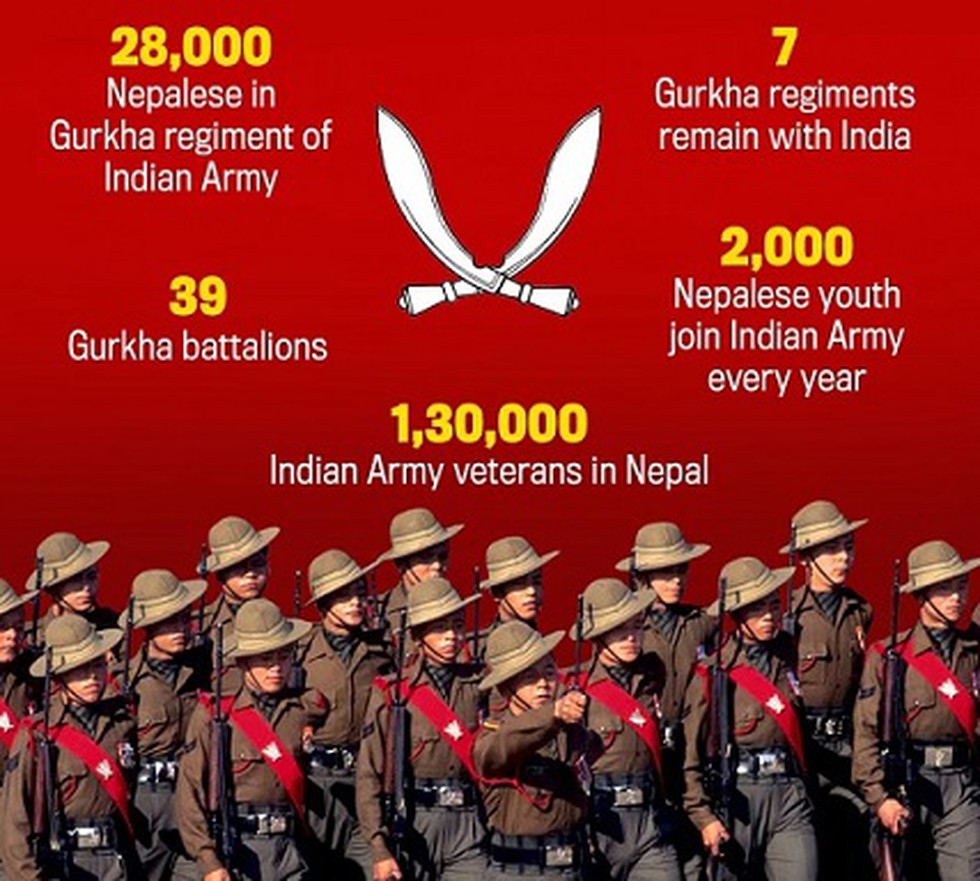
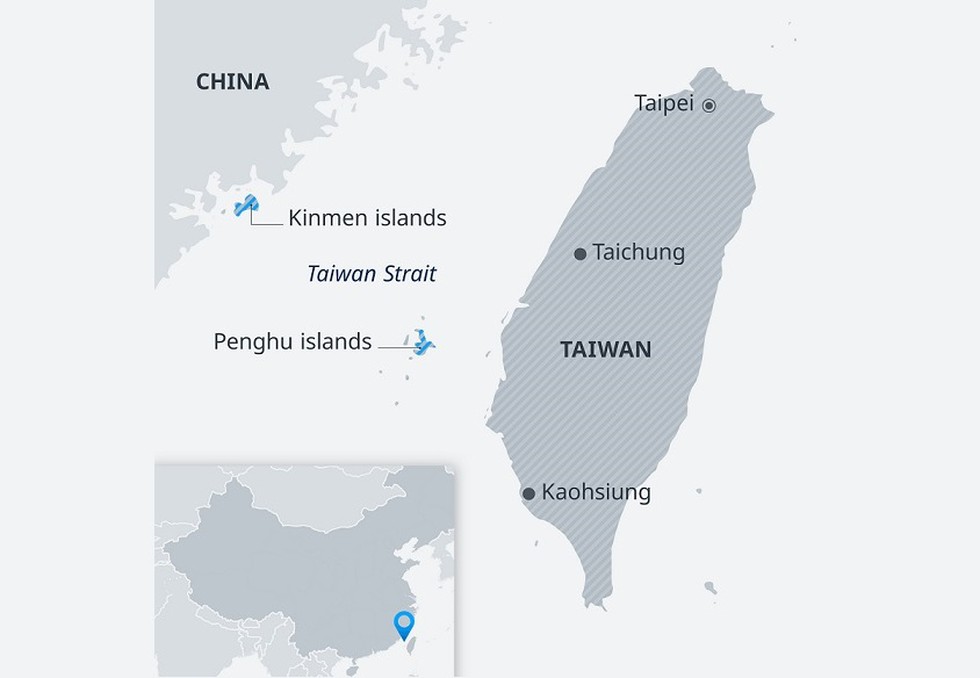

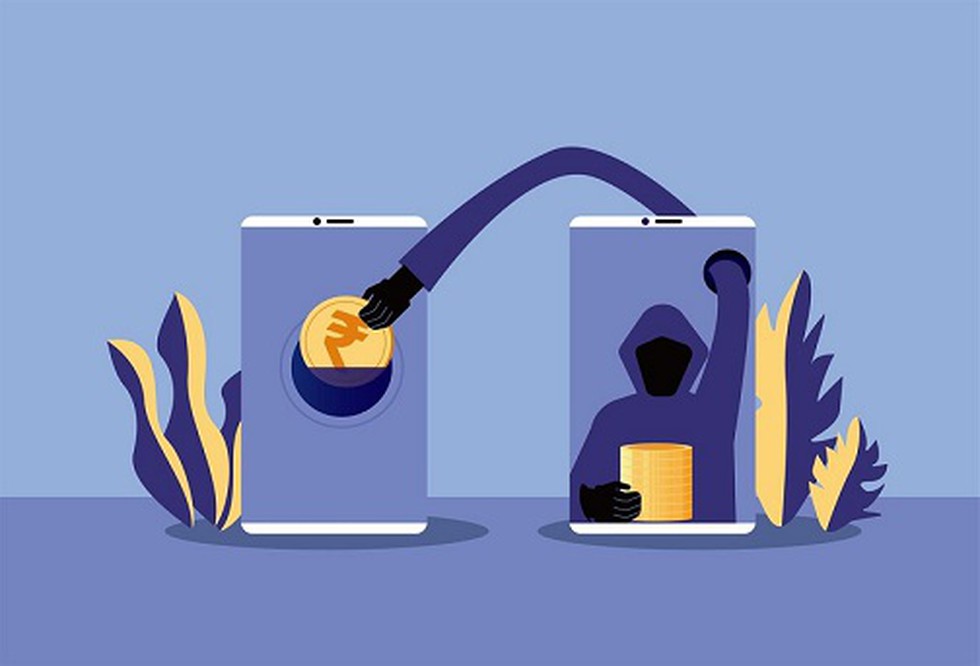
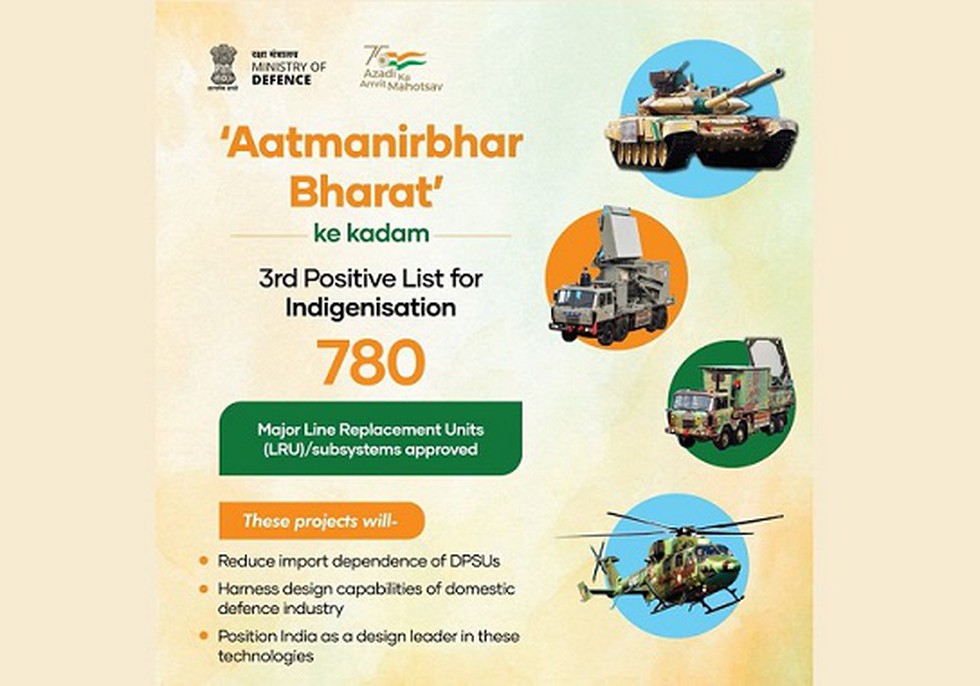
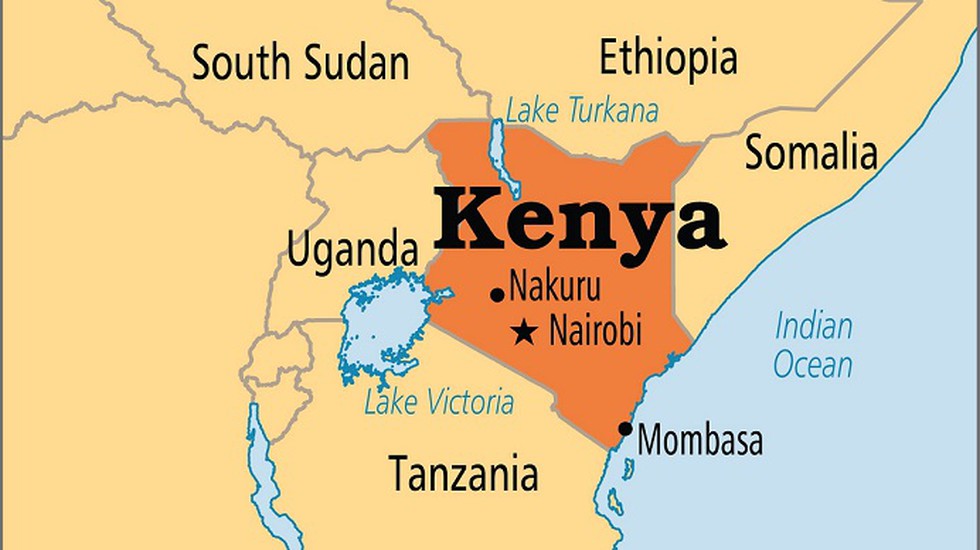
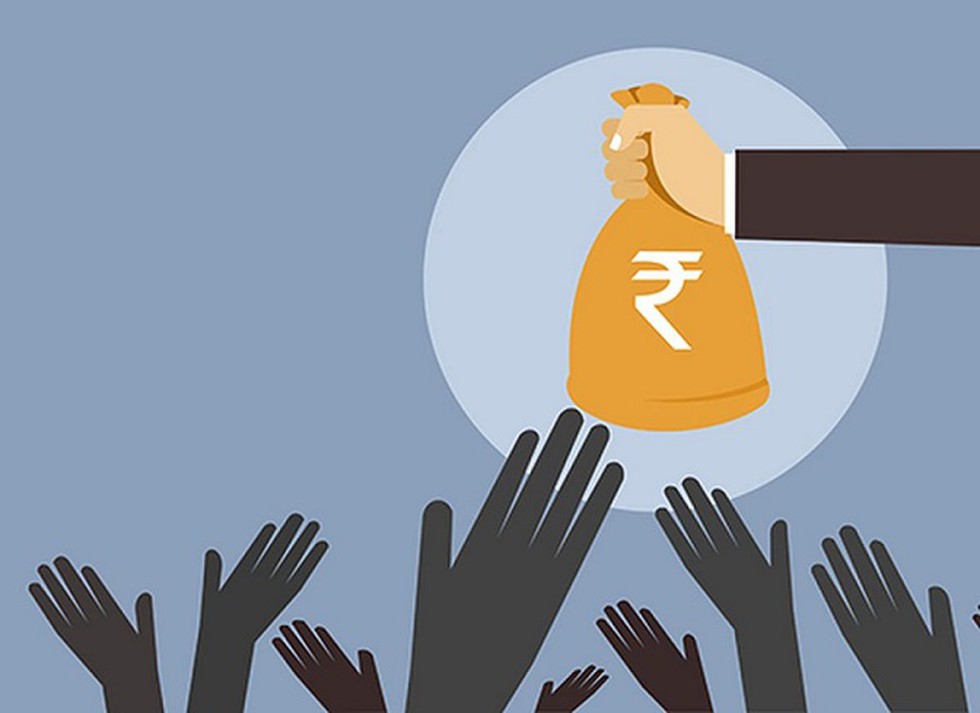
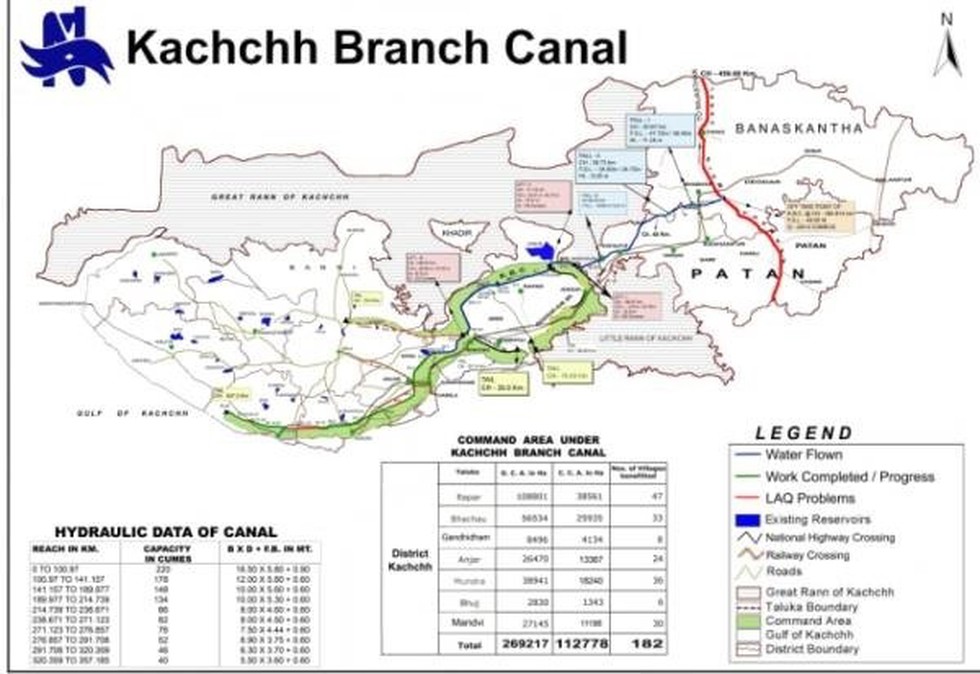





























































































































































.png)
.png)
.png)
.png)
.png)


.png)
.png)
.png)





.png)
.png)






.png)
.png)
.png)
.png)
.png)
.png)
.png)
.png)
.png)

.png)







.png)
.png)


.png)
.png)
.png)


.png)

.png)
.png)





.jpg)

.png)
.png)


.png)

.png)
.png)
.png)

.jpg)

.jpg)


.png)

.png)
.png)
.png)
.png)
.png)
.png)
.png)
.png)
.png)
.png)




.png)

.png)





.png)
.png)
.png)
.png)
.png)
.png)
.png)
.png)
.png)
.png)
.jpg)
.jpg)

.png)
.png)
.png)
.png)
.png)
.png)
.png)
.png)
.png)
.png)
.png)
.png)
.png)
.png)
.png)
.png)
.png)
.png)
.png)
.png)
.png)
.png)



.png)
.png)

.jpg)
.jpg)


.jpg)
.jpg)
.jpg)
.jpg)
.jpg)

.jpg)








.jpg)
.jpg)
.jpg)
.jpg)
.jpg)

















.jpg)
.jpg)







.jpg)


















.jpg)
.jpg)



























































































.jpg)
.jpg)


























.jpg)

.jpg)










.jpg)








.jpg)




.jpg)










.jpg)


















.jpg)












































.jpg)














.jpg)
.jpg)
.jpg)





.jpg)

.jpg)
.jpg)





































































.jpg)


































.jpg)
.jpg)
















































.jpg)












.jpg)


.jpg)




.jpg)
.jpg)
.jpg)

.jpg)
.jpg)
.jpg)
.jpg)

.jpg)
.jpg)
.jpg)

.jpg)
.jpg)
.jpg)
.jpg)
.jpg)
.jpg)
.jpg)
.jpg)

.jpg)


.jpg)
.jpg)
.jpg)
.jpg)
.jpg)
.jpg)
.jpg)
.jpg)
.jpg)
.jpg)











.jpg)
.jpg)





.jpg)
.jpg)
.jpg)
























.jpg)
























.jpg)









.jpg)
.jpg)







.jpg)
.jpg)









































.jpg)
.jpg)
.jpg)
.jpg)
.jpg)

.jpg)
.jpg)
.jpg)
.jpg)
.jpg)


.jpg)
.jpg)
.jpg)
.jpg)
.jpg)

.jpg)
.jpg)
.jpg)
.jpg)
.jpg)
.jpg)
.jpg)
.jpg)
.jpg)
.jpg)
.png)

.png)
.png)

.png)
.png)
.png)
.png)


.jpg)
.jpg)

.jpg)
.jpg)
.jpg)

.png)
.png)
.png)
.png)
.png)
.png)
.png)

.png)
.png)
.png)
.png)
.png)
.png)
.png)
.png)
.png)
.png)





































































-min.png)



.png)




.png)








































